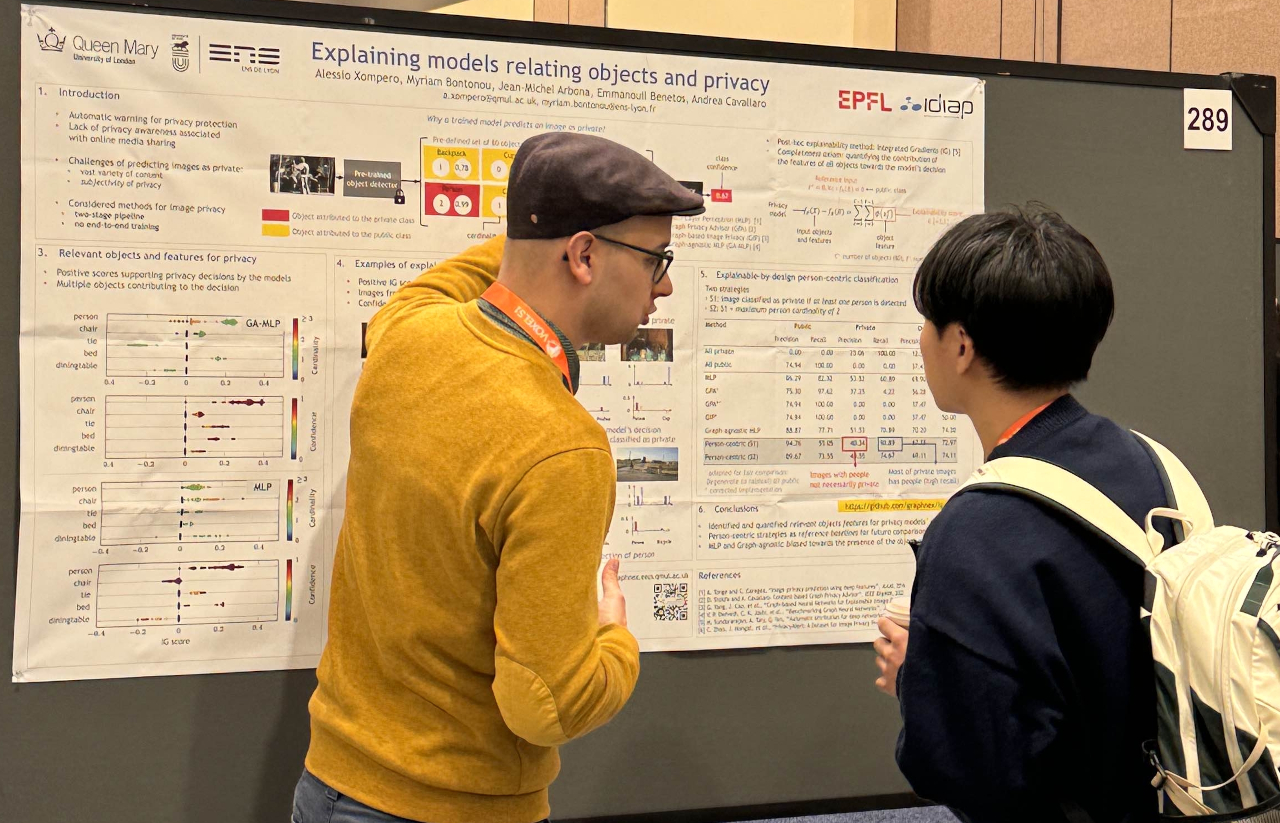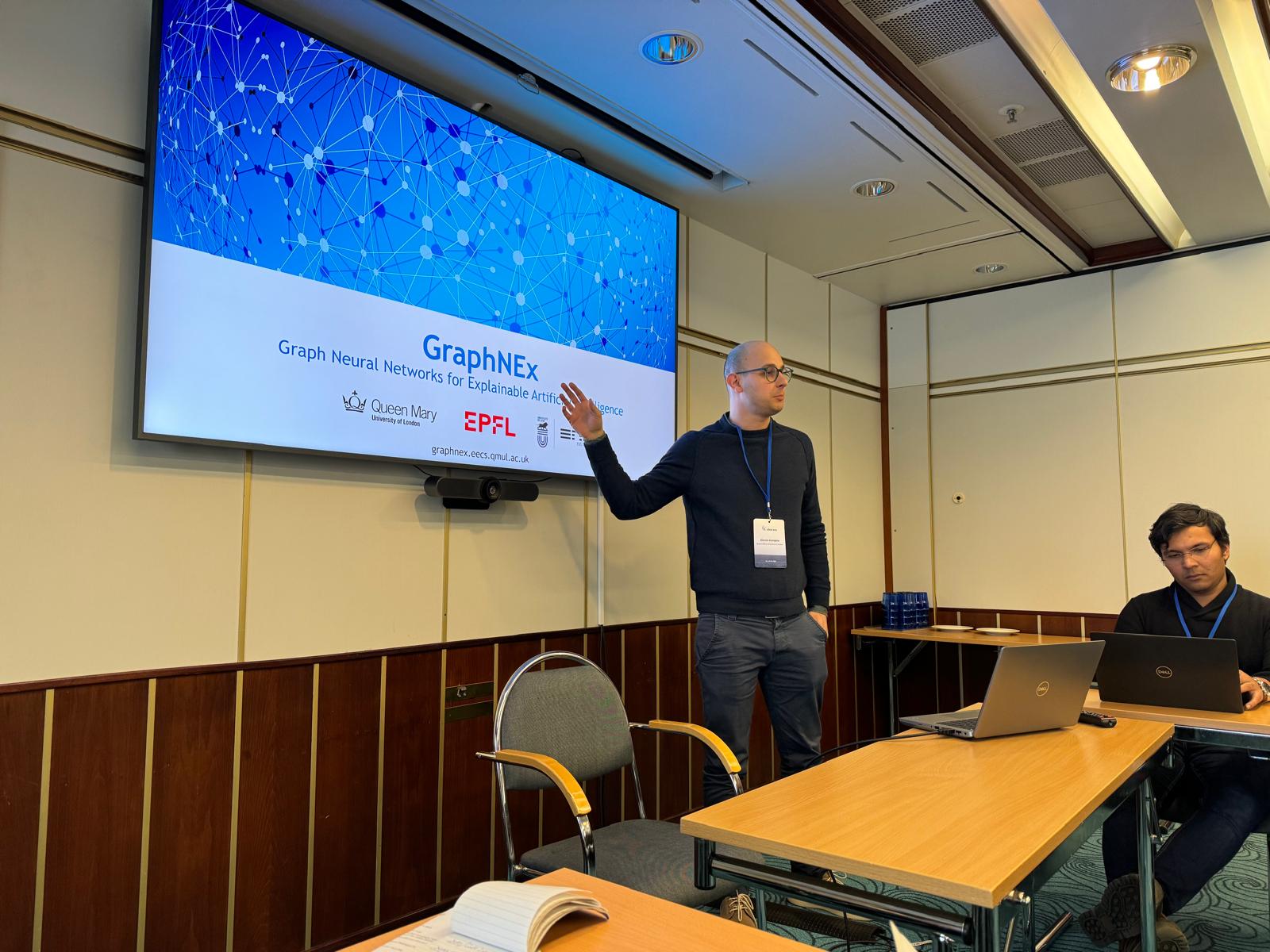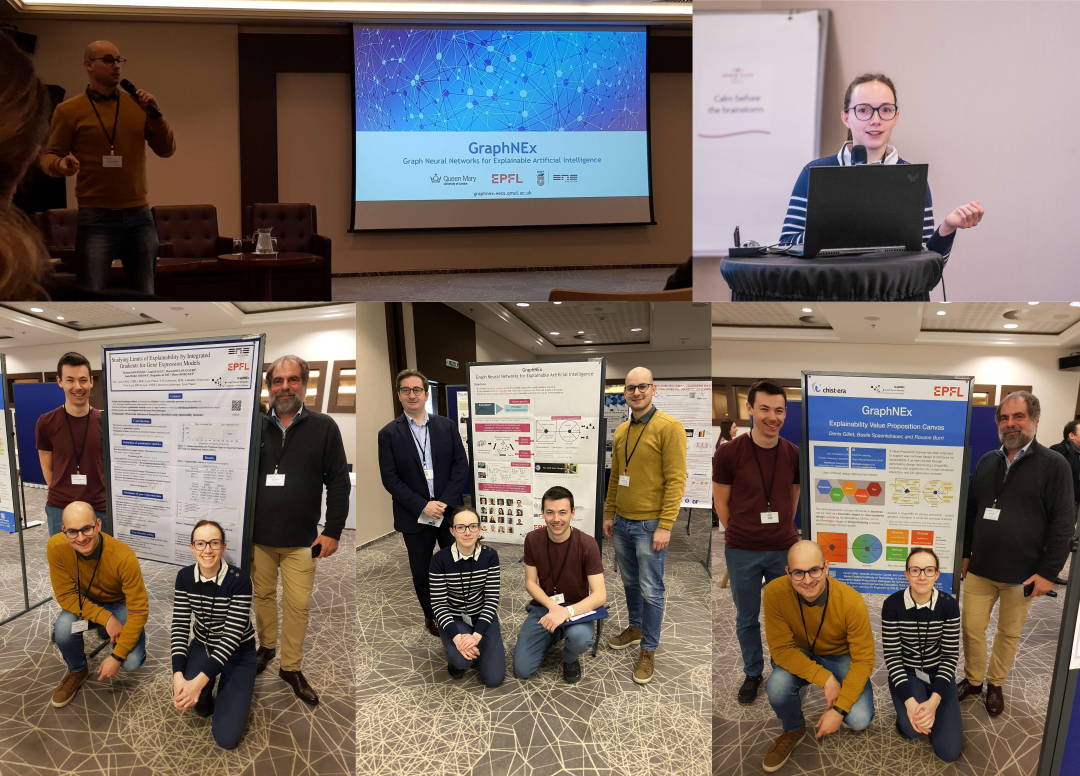Human-to-Robot Handovers of Unknown Containers: Join the 11th RGMC at ICRA 2026
Discover the Human-to-Robot Handover track at the 11th Robotic Grasping and Manipulation Competition in Vienna. Learn about research opportunities, competition details, and how to register your team.
Read Full Post


